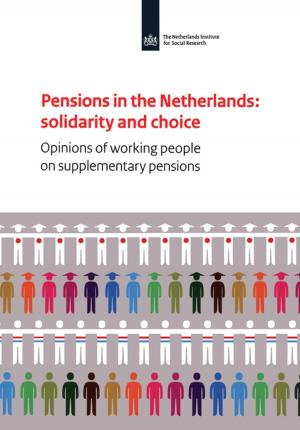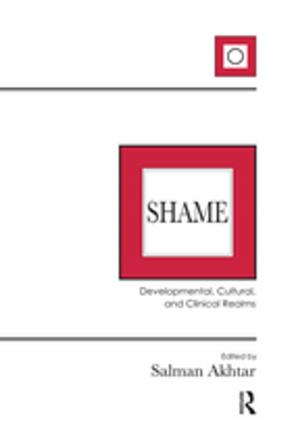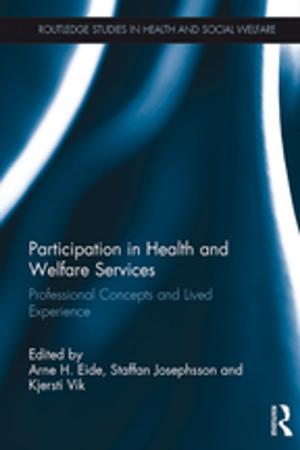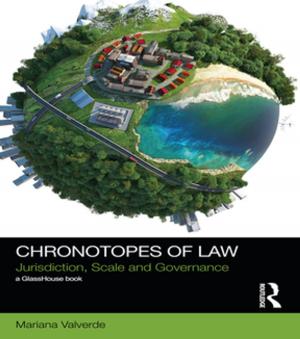| Author: | ISBN: | 9781317429647 | |
| Publisher: | Taylor and Francis | Publication: | December 22, 2017 |
| Imprint: | Routledge | Language: | English |
| Author: | |
| ISBN: | 9781317429647 |
| Publisher: | Taylor and Francis |
| Publication: | December 22, 2017 |
| Imprint: | Routledge |
| Language: | English |
Contemporary discourse on sustainability points to the need for substantial, if not radical, shifts in relations between productivity, environment, consumption and identities, in ways which bring or restore balance to the intersecting domains. The catchphrase of ‘sustainability’ has made its way into mainstream discourse on the heels of the ongoing global financial crisis and responses to global warming. The literature of leisure, sport and particularly tourism are replete with fine examples of ‘sustainability’, contributing to full ecology planning approaches.
This book aims to stimulate debate and discussion within the leisure studies community about the roles of ‘alternative cultures’ in producing viable models of sustainable relations between work, leisure and environment. Key elements of these discussions, such as participatory democracy and deep ecology, have long been characteristic of cultural configurations loosely called ‘counter’ or ‘alternative’ to a voracious, hierarchical and unconscious modernity. However the leisure studies community has largely neglected their significance up until now. How are leisure, sustainable livelihoods and ‘alternative’ cultures connected, and what influence do they have?
This book was originally published as a special issue of Annals of Leisure Research.
Contemporary discourse on sustainability points to the need for substantial, if not radical, shifts in relations between productivity, environment, consumption and identities, in ways which bring or restore balance to the intersecting domains. The catchphrase of ‘sustainability’ has made its way into mainstream discourse on the heels of the ongoing global financial crisis and responses to global warming. The literature of leisure, sport and particularly tourism are replete with fine examples of ‘sustainability’, contributing to full ecology planning approaches.
This book aims to stimulate debate and discussion within the leisure studies community about the roles of ‘alternative cultures’ in producing viable models of sustainable relations between work, leisure and environment. Key elements of these discussions, such as participatory democracy and deep ecology, have long been characteristic of cultural configurations loosely called ‘counter’ or ‘alternative’ to a voracious, hierarchical and unconscious modernity. However the leisure studies community has largely neglected their significance up until now. How are leisure, sustainable livelihoods and ‘alternative’ cultures connected, and what influence do they have?
This book was originally published as a special issue of Annals of Leisure Research.















